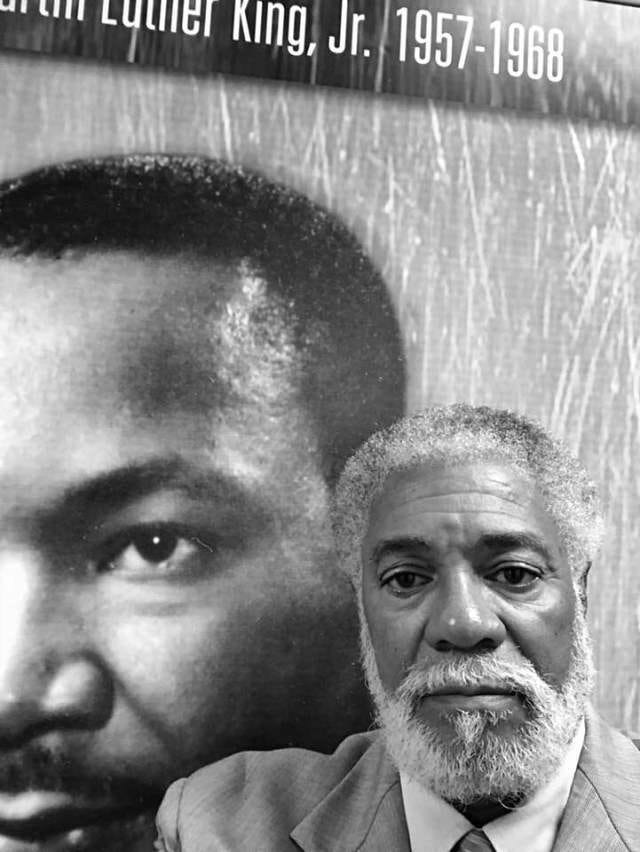
Tonight 8 and 9 PM
MSNBC
Rachel Maddow Production
No Kings, No Lies
Syncopating the Rhythm of Resistance
Harold Michael Harvey
They called it a “hate America” march.
Not because it desecrated monuments or incited violence. But because it dared to remember. Because it refused to bow. Because it summoned the ghosts of 1776 not to glorify, but to warn.
The No Kings movement is not a rejection of America. It is a rejection of monarchy masquerading as democracy. It is a ritual of civic memory, a syncopated beat against the drumline of authoritarianism. In the first No Kings March, yellow-clad citizens gathered not to destroy, but to remind that power must answer to the people.
Yet those who cried “hate” were silent when the Capitol was breached. Silent when officers were bloodied. Quiet when the President pardoned over 1,500 convicted rioters, some wielding tomahawks and flagpoles as weapons. Their silence was not forgetfulness. It was a strategy.
This is the politics of selective memory, i.e., the weaponization of forgetting.
But rhythm resists forgetting. Rhythm remembers everything!
No Kings is a civic jazz riff, improvised, decentralized, and rooted in ancestral cadence. It echoes the offbeat survival of those who marched before us: Harriet’s hush, Ella’s scatting, Baldwin’s pen, Ellison’s invisibility. It is the syncopation of truth in a nation that prefers the downbeat of denial.
January 6 was not syncopation. It was rupture, a violent break in the democratic rhythm. And yet, it is excused, even sanctified, while No Kings is vilified. The January 6 rioters displayed an absolute hatred for America. They sought to overthrow a freely elected government and continue the despotic reign of a would-be king. It was the hatred of despotism that fueled the revolt of 1776. Theirs was a bloody fight.
Since that time, Gandhi and King have taught us that you can bring about revolutionary change without violence, by calling out the violence perpetuated by the government in the laws and executive orders used to tax, tariff, and terrorize the people into submission. They believed that you could do so by peacefully demonstrating against the injustices of the government. While Gandhi and King drew strength from the Divine, Huey P. Newton, Chairman of the Black Panther Party for Self-Defense, drew it in more humanist terms. “The spirit of the people,” Newton said, “is stronger than man’s technology.”
This is not merely a contrast of events. It is a contrast of cosmologies.
No Kings looks to the stars, to the cosmic rhythm of justice, the gravitational pull of memory. It asks: what happens when a nation forgets its own tempo? When it trades civic jazz for imperial fanfare?
We march. We write. We remember. Because in a nation that forgets, rhythm is resistance. And memory is everything, it is the beat that keeps us free.



No comments:
Post a Comment